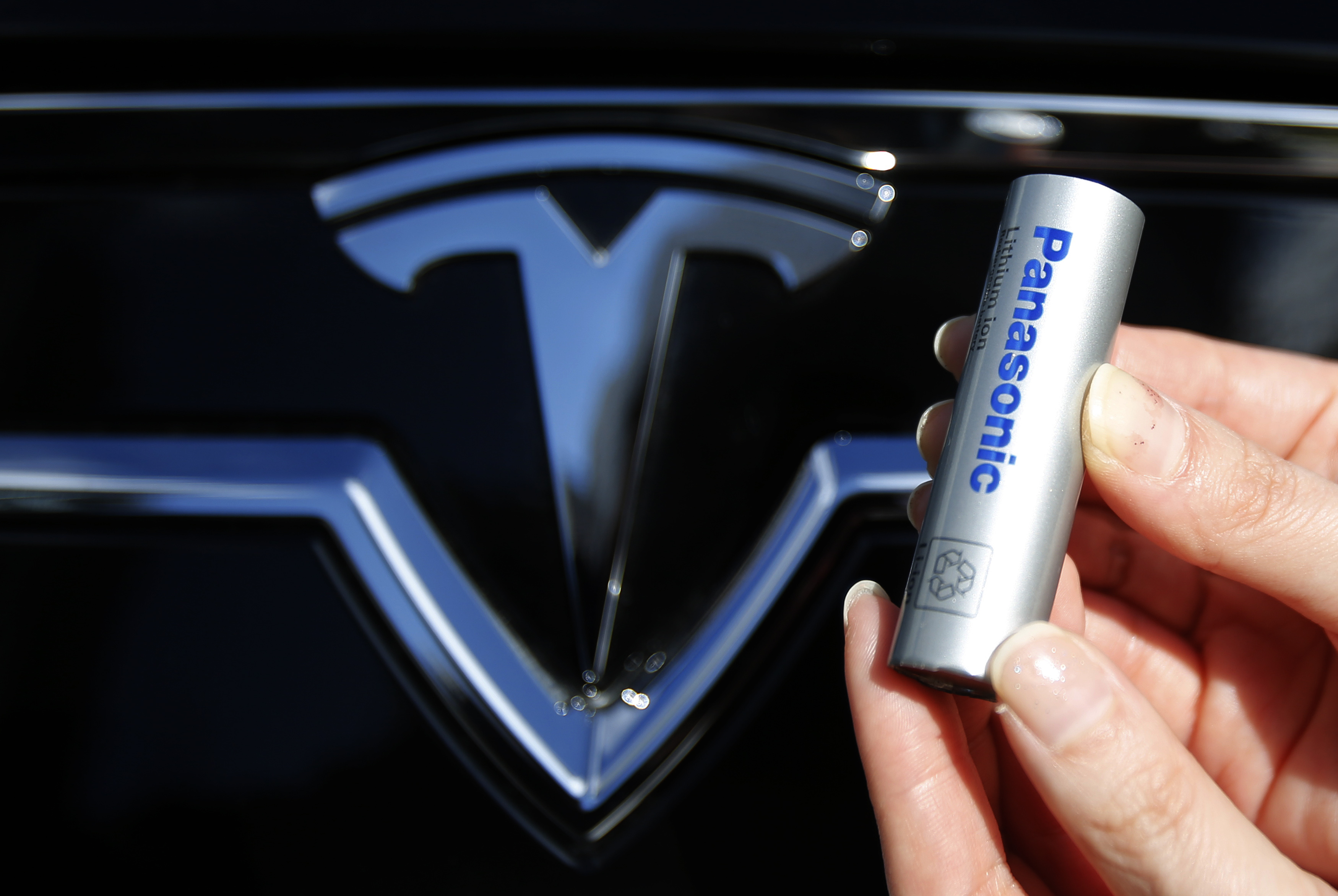Tesla battery partner Panasonic announced the mass production of the new battery at its Wakayama Factory in western Japan. Stating that the expected date to start mass production is by the end of the fiscal year in March 2024. With this initiative, Panasonic will be expanding its electric vehicle battery business worldwide.

While the date may seem too far, Panasonic mentions that the development of 4680 battery cells is going on in various locations within Japan. As the preparation for rolling out of the cells in going on, the 4680 battery cells are also being developed. Various updates are to be performed in the Wakayama facility. From structural improvements to adding additional production lines, many things are to be changed accordingly. Two additional production likes and utility facilities are to be set up. Furthermore, the productivity verification and mass production of 4680 battery cells will be set up eventually.
Panasonic wrote in the press release, “To contribute to the rapid adoption of EVs, Panasonic has been working to enhance its line-up of automotive lithium-ion batteries. Currently, Panasonic is developing a new high-capacity lithium-ion battery, the “4680”, in multiple locations within Japan. The company will progressively develop production capabilities in preparation for the full rollout. Along with structural improvements, two additional production lines, as well as utility facilities, will be established at the Wakayama Factory, and productivity verification and mass production are set to begin in the fiscal year ending in March 2024,”
Sustainable batteries
Pansonic continues to work on its battery-making segment. In January the company revealed that they will be using recycled battery components from Redwood Materials. With Tesla’s Gigafactory Nevada facility will be making batteries, starting by the end of 2022. It was considered that with this Panasonic will be moving to a further step towards more sustainable EVs.
It is known that Panasonic will be investing 80 billion yen ($692 million) in the plant. The 4680 battery is to be 4.6cm in diameter, more than twice the diameter of the previous model, and 8cm long. The main advantage of these batteries is that they are cheap and efficient. This year Panasonic will begin trial production line. So far the plant made lithium-ion batteries for personal computers and mobiles phones till 2012. The reason behind why the company opted to have its own plant is because of a bitter experience earlier to build the plant with Tesla Giga Factory Nevada. It had difficulties as the new production line had to be started from scratch with a total cost of the project exceeding 200 billion yen (Around $1.8 billion). Additionally, 350 engineers had to be sent from Japan, where only experienced Japanese engineers could work on the production lines.











